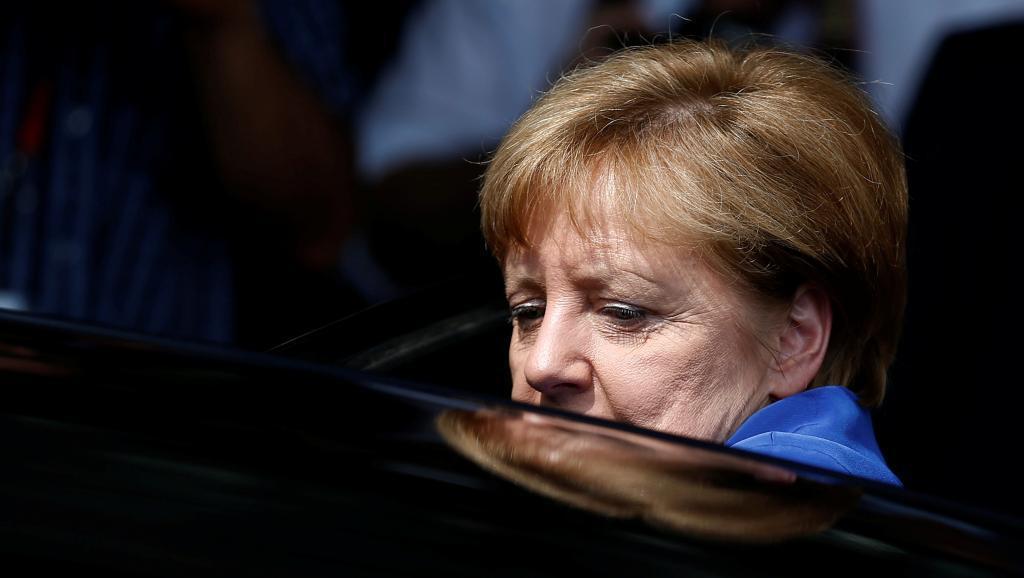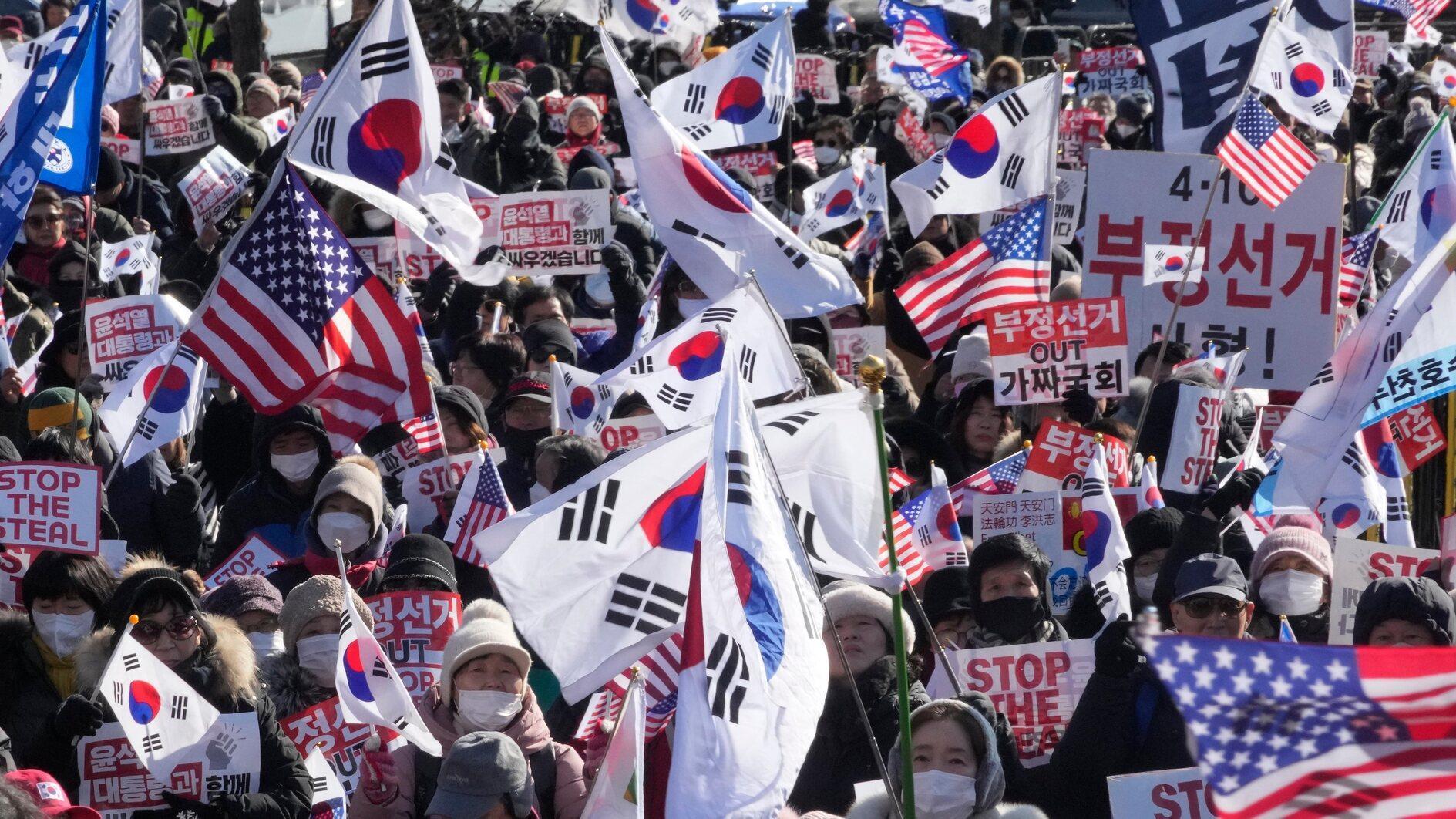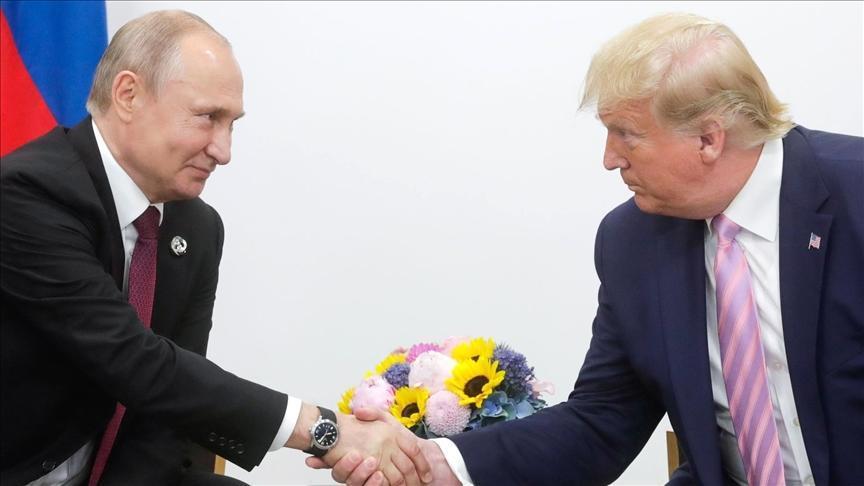Merkel under pressure in escalating row over immigration
BERLIN

German Chancellor Angela Merkel faced a showdown within her conservative camp on June 14 over the flashpoint issue of immigration that could threaten her political future.
After late-night talks Wednesday failed to resolve the heated dispute, a parliamentary session was suspended Thursday to allow the rival camps to huddle for tense strategy meetings.
Merkel is facing a rebellion from her hardline Interior Minister Horst Seehofer, who demands that German border police be given the right to turn back migrants without identity papers or who are already registered elsewhere in the European Union.
The veteran chancellor fears that such a move would be seen in the EU as Germany going it alone and hurt over-burdened frontline Mediterranean countries such as Italy and Greece, and has urged a negotiated EU response instead.
Merkel, the longest-serving EU leader, called immigration “a litmus test for the future of Europe” on Wednesday -- but the issue has now rapidly turned into a test of Merkel’s own grip on power at home.
The top-selling Bild daily argued that “if no agreement is reached, Angela Merkel must face a vote of confidence and every lawmaker must decide ... Keep going with Merkel’s way or face an adventure called fresh elections.”
Seehofer, from Bavaria state’s CSU party, has long been harshly critical of Merkel’s decision to open German borders in mid-2015 to a mass influx of over one million asylum seekers since.
At the height of the crisis, tens of thousands of people fleeing war and misery in Syria, Iraq and other countries crossed the Austrian border into Germany per day in the Alpine state of Bavaria.
The mass arrivals, together with some high-profile crimes committed by migrants since, sparked the rise of the far-right AfD party, which entered parliament last year, upending German politics.
As positions in Merkel’s latest domestic battle hardened, the CSU’s Bavarian state premier Markus Soeder said that “in immigration, we must no longer do things by halves.”
“We must think about the local population, not just the rest of Europe.”
Merkel’s CDU and the more conservative CSU are traditional sister parties, but the emotional immigration issue has opened a rift between them that is deepening as the CSU faces an electoral threat by the AfD in a state poll in October.
In sharp contrast to Merkel, Seehofer has voiced open sympathies for right-wing populist governments that are tough on immigration, from Hungary to Austria and Italy.
When Seehofer met Austrian Chancellor Sebastian Kurz on Wednesday, Kurz announced that the interior ministers in Vienna, Rome and Berlin had formed an “axis of the willing” to combat illegal immigration.
The same day Seehofer boycotted Merkel’s “integration summit,” grouping volunteers and agencies that support refugees, first citing a calendar clash and then saying he objected to the presence of a critical journalist there.
For Merkel, the row within her conservative family is the worst crisis in her fourth-term government, which took half a year to build after the inconclusive elections last year and also includes the center-left Social Democrats (SPD).
After three-hour talks between Merkel and Seehofer late on June 13 failed to resolve the border control issue, a session in the Bundestag was halted Thursday so the CDU and CSU camps could huddle separately, a highly unusual step.
Merkel’s support on the border issue also appears weak within her own CDU ranks, with a Bild daily poll of MPs finding that just a handful were willing to publicly back her on the issue.
One of the CDU lawmakers, Axel Fischer, said that “we’ve been discussing this topic since 2015. At some stage, we must reach a decision, if necessary with a vote of confidence.”
The CDU offered on June 14 a compromise to the CSU - giving border police the right to immediately turn back migrants who have previously been denied asylum in Germany.
Merkel’s party also said Berlin should quickly reach agreements with frontline states on returning migrants there, with the goal of “avoiding uncoordinated, unilateral steps at the expense of third parties” in the EU.
But this approach did not appear to appease the CSU, whose lawmaker Alexander Dobrindt reiterated that “we have told the CDU that we see a need for action right now.”
However, CSU has not threatened to break up its parliamentary bloc with the CDU, veteran CSU politician Hans-Peter Friedrich said on June 14.
In an interview on German television, Friedrich said the CSU parliamentary party stood united behind Seehofer in the row but no one was demanding an end to the cooperation.
















